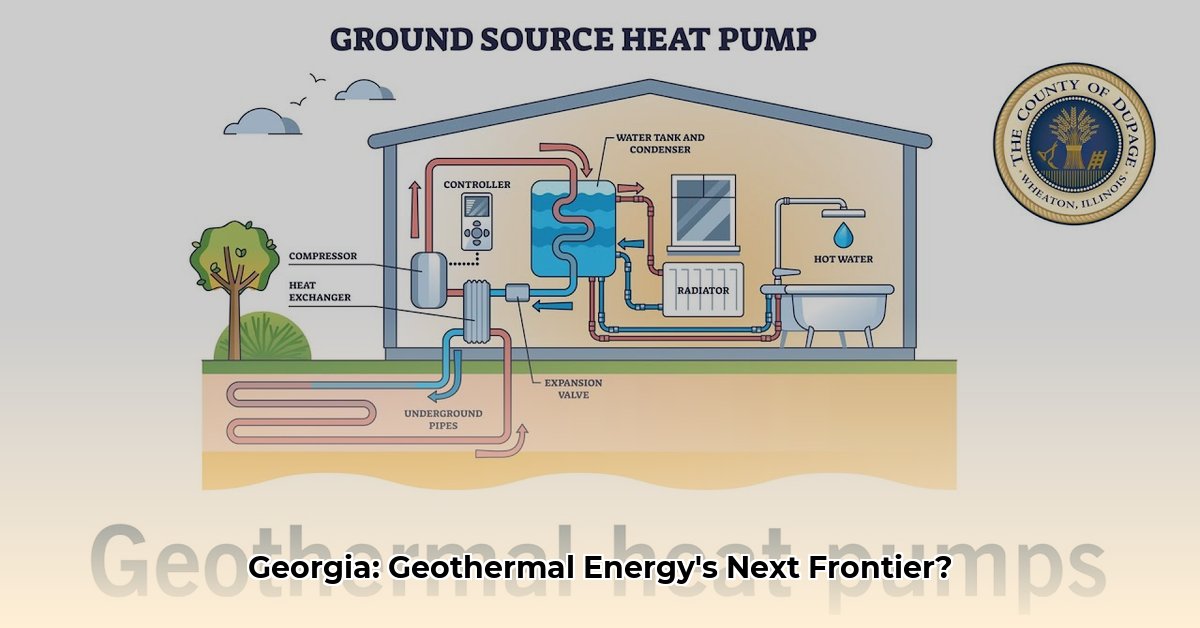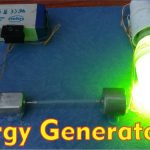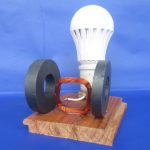Yes, geothermal energy is a viable option for heating and cooling homes in Georgia. While large-scale geothermal power plants aren’t currently widespread, ground-source heat pumps (GSHPs) offer an increasingly popular way to harness this clean, renewable energy source right in your backyard.
Tapping into Earth’s Energy: Geothermal in the Peach State
Geothermal heating and cooling systems leverage the earth’s relatively constant underground temperature. A few feet below the surface, the ground remains at a moderate temperature year-round, warmer than the winter air and cooler than the summer air. This makes it an ideal source for exchanging thermal energy. GSHPs take advantage of this by circulating a fluid through buried pipes (a ground loop), absorbing heat from the earth in winter and transferring it into your home. In summer, the process reverses, moving heat from your house into the cooler ground.
Choosing the Right Geothermal System: A Guide to GSHPs
GSHPs are the most common type of geothermal system for homes, and they come in a few different variations:
Ground Loop Options:
- Horizontal Loops: Installed in trenches a few feet deep, horizontal loops are generally the most affordable option but require ample yard space.
- Vertical Loops: Ideal for smaller properties, vertical loops are installed in deep boreholes, accessing more consistent ground temperatures but at a higher installation cost.
- Pond/Lake Loops: If your property includes a suitable body of water, this can be a cost-effective way to utilize the water’s stable temperature. However, it requires specific water depth and quality, and may not be feasible for all properties.
GSHP System Components and Lifespan:
| Component | Lifespan | Maintenance Needs |
|---|---|---|
| Ground Loop | 50+ years | Minimal, occasional checks |
| Heat Pump | 15-25 years | Regular filter changes, occasional servicing |
Geothermal Costs and Benefits: A Long-Term Investment
While the initial cost of installing a geothermal system is typically higher than a conventional HVAC system, the long-term operational savings and environmental benefits can make it a worthwhile investment.
Financial Considerations:
- Upfront Costs: Geothermal installations require a larger initial investment due to the ground loop installation and the heat pump unit.
- Operating Costs: Geothermal systems significantly reduce energy consumption, resulting in lower monthly utility bills. Potential savings vary depending on factors like climate, energy prices, and system efficiency.
- Tax Credits and Incentives: Federal and sometimes state tax credits, rebates, or other incentives can help offset the upfront costs, making geothermal more financially attractive. Research the specific programs available in your area.
- Return on Investment: The higher upfront cost is typically offset over time by lower operating costs and a longer system lifespan.
Environmental Impact:
Geothermal systems are environmentally friendly because they:
- Reduce Reliance on Fossil Fuels: They use renewable energy from the earth, reducing greenhouse gas emissions.
- Improve Air Quality: They eliminate the combustion byproducts associated with traditional heating systems.
Geothermal in Georgia’s Climate: An Ideal Match?
Georgia’s climate, with its hot summers and mild winters, is particularly well-suited for geothermal systems. The relatively stable ground temperature provides a consistent source of thermal energy for both heating and cooling, leading to efficient year-round comfort.
Real-World Example: Geothermal in Practice
Pinewood Forest, a community in Fayetteville, Georgia, has embraced geothermal technology, demonstrating its feasibility and scalability. Their large-scale implementation offers valuable insights for other communities considering similar initiatives.
Exploring Geothermal: Your Next Steps
If you’re considering geothermal for your Georgia home:
- Research Incentives: Investigate available federal, state, and local tax credits, rebates, and other programs. The Database of State Incentives for Renewables & Efficiency (DSIRE) is a good starting point.
- Consult with Installers: Contact reputable geothermal installers in your area. The Georgia Geothermal Association can be a helpful resource for finding qualified professionals.
- Get a Property Assessment: A qualified installer can assess your property to determine the best system type and provide accurate cost estimates.
- Compare with Other Renewables: Consider other renewable energy options like solar power and compare their costs, benefits, and suitability for your needs.
Pros and Cons of Geothermal in Georgia:
| Pros | Cons |
|---|---|
| Lower operating costs | Higher upfront installation costs |
| Long lifespan | Requires professional installation |
| Reduced environmental impact | Property suitability limitations (land, soil) |
| Consistent heating and cooling performance |
Disclaimer: This information is intended for general knowledge and may not cover all aspects of geothermal energy. Consult with qualified professionals for personalized advice and up-to-date information. Ongoing research and technological advancements may influence the feasibility and cost-effectiveness of geothermal systems.
- Generate Free Electricity for Home From Renewable Sources - February 18, 2026
- Micro-Hydro Offers Cheapest Home Electricity if You Have a Stream - February 17, 2026
- How To Get Free Electricity At Home Through Sustainable Energy - February 16, 2026
















